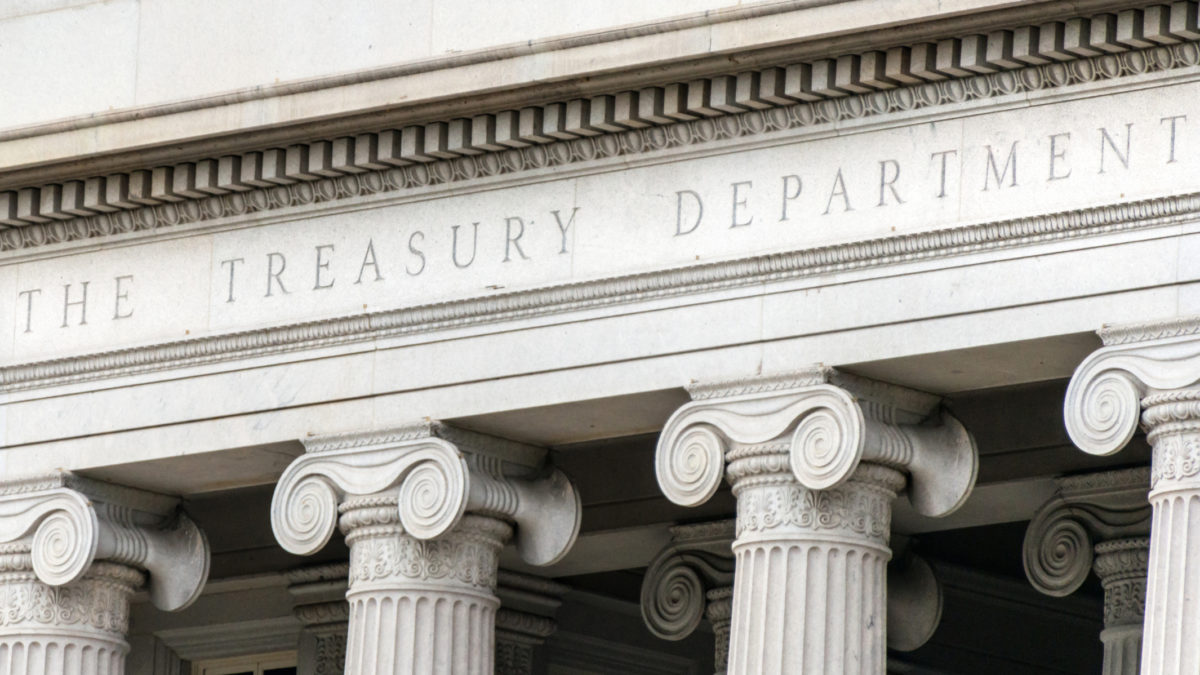
Sanctions Round-Up: April 2020
Central African Republic
On 20th April, the United Nations Security Council (UNSC) Committee concerning the Central African Republic (CAR) added an individual named Martin Koumtamadji to its Sanctions List. Koumtamadji, who is better known by his alias “Abdoulaye Miskine”, is the president and commander-in-chief of the Front Démocratique du Peuple Centrafricain (FDPC), a rebel group that he founded in 2005. The UNSC has concluded that, despite the FDPC signing the Political Agreement for Peace and Reconciliation in February 2019, he remains a “threat to the peace, stability and security” of CAR.
The UNSC’s CAR experts believe that Miskine did not take up the post he had been offered as part of the agreement and has instead been “recruiting fighters”. According to the UNSC, he refused to disarm FDPC combatants and threatened to overthrow President Faustin-Archange Touadéra, impeding the restoration of state authority. He also allegedly cooperated with Nourredine Adam, a fellow rebel leader and sanctioned individual. Under Miskine’s leadership, the FDPC has been accused of committing human rights abuses, including abductions, sexual violence and the recruitment of child soldiers.
On 22nd April, in accordance with the UNSC’s action, the United Kingdom Treasury’s Office of Financial Sanctions Implementation (“OFSI”) added Miskine to its consolidated list of financial sanctions targets. On 28th April, the European Union followed suit and added him to its CAR restrictive measures.
Sudan
On 28th April, in light of the Covid-19 pandemic, the UN High Commissioner for Human Rights Michelle Bachelet urged the international community to assist Sudan in accessing international aid. According to Bachelet, Sudan’s continued inclusion on the US State Department’s State Sponsors of Terrorism list prevents it from being eligible for International Monetary Fund (IMF) and World Bank assistance.
Noting that Sudan’s sanctions were imposed during the rule of former President Omar al-Bashir, Bachelet called on the international community to free the country from “the impediments of sanctions”. In 1993, under al-Bashir’s rule, Sudan was added to the US State Department’s State Sponsors of Terrorism list. In April 2019, following months of protests, Al-Bashir’s regime was toppled by a military coup and there is currently a power-sharing government comprised of military generals and civilians in place in Khartoum.
Somalia
On 3rd April, US President Donald Trump extended the national emergency with respect to Somalia for another year. The national emergency has been in place since it was established by President Barack Obama in 2010. It was imposed in response to the deteriorating security situation in Somalia, particularly in relation to the rise in piracy. Additional steps were taken to deal with the national emergency in 2012, when the President issued new measures aimed at curtailing misappropriation of Somali public assets and acts of violence committed against civilians.
South Sudan
On 1st April, President Trump extended the national emergency with respect to South Sudan for another year. The national emergency has been in place since it was established by President Obama in 2014. The purpose of the national emergency is to target individuals involved in human rights abuses and attacks on peacekeeping operations in the country.